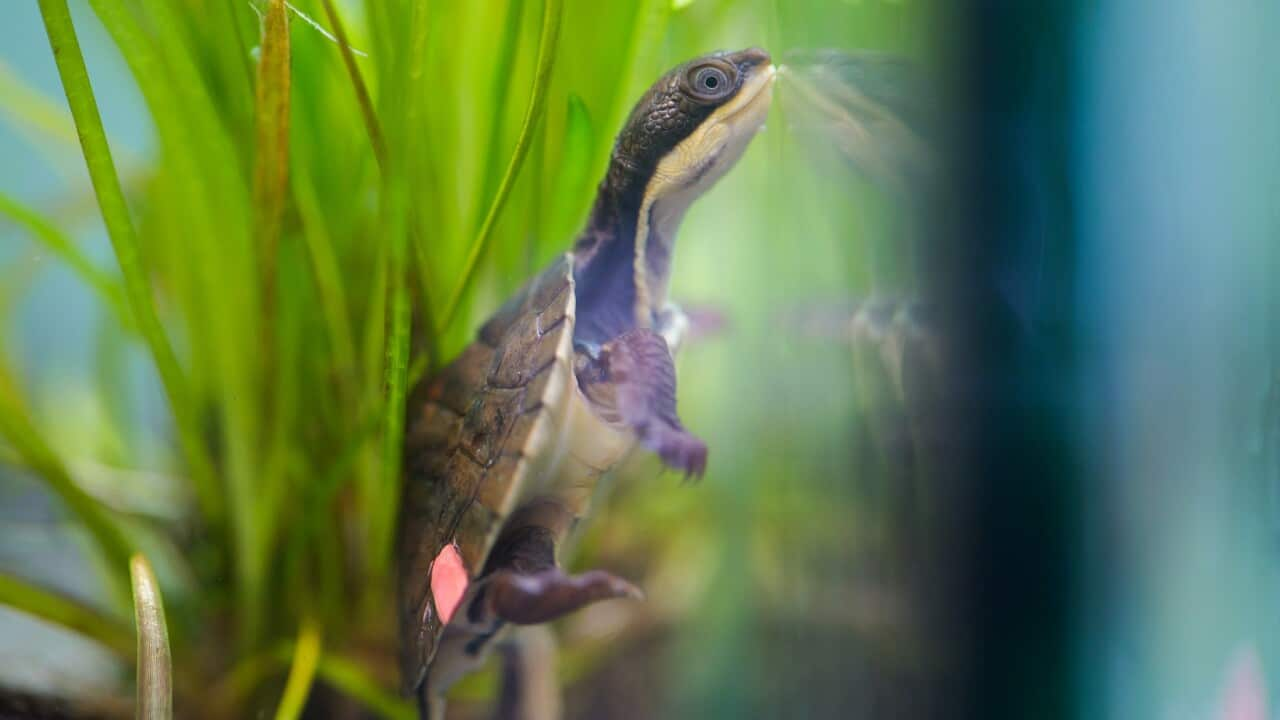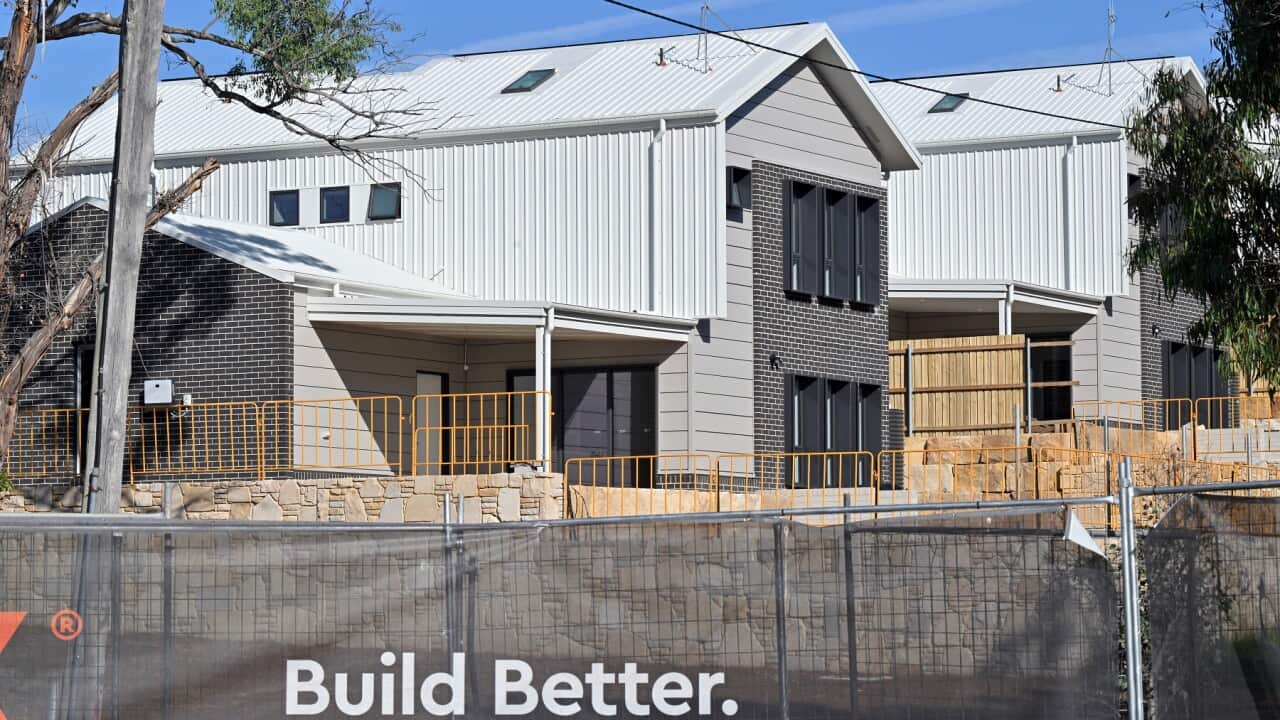In the six months since the first novel coronavirus case was detected in China in November last year, the pandemic has claimed over 126,000 lives worldwide.
Countries have been forced to adopt unprecedented measures that have changed the lives of almost everyone in ways that were unimaginable a few months ago.
As billions of people are grappling with the consequences of the COVID-19 pandemic, there are some countries that are still free from coronavirus, such as the island country of Palau. The tiny scenic archipelago, a divers' Mecca, is more than 1,000km away from any other landmass. Its remoteness has turned out to be its blessing, along with the strict preventive measures.
The Tansella family, originally from Italy, live in the nation's main centre, Koror. While there have been no known cases of COVID-19, the country is paying a big price.
"As the virus spread in Asia, the government here blocked all the flights to and from South Korea and imposed a health screening for overseas arrivals. It then gradually limited the connections with Japan, the Philippines and Guam," Stefano Tansella told SBS Italian. "Since late March, when they stopped the remaining routes, we were virtually cut out of the world." Palau's government closed schools and public beaches, cancelled all sports events and the once-a-fortnight Friday market. It then ordered restaurants to limit their service to take-away and introduced no gathering orders.
Palau's government closed schools and public beaches, cancelled all sports events and the once-a-fortnight Friday market. It then ordered restaurants to limit their service to take-away and introduced no gathering orders.

Un'immagine area delle Rock Islands di Palau Source: SBS Italian - Dario Castaldo
"People in Palau struggled a bit with the social distancing norms but fully understood the risks connected to the outbreak in a country that doesn't have a sophisticated health system. The samples of suspected COVID-19 cases, for example, need to be tested in Hawaii," says the 50-year-old Italian.
 But the economy of the micronesian archipelago, which is heavily reliant on tourism has been hit hard.
But the economy of the micronesian archipelago, which is heavily reliant on tourism has been hit hard.

Stefano Tansella e la compagna davanti all'ingresso della gelateria che gestiscono a Koror, capitale di Palau Source: SBS Italian - Dario Castaldo
Mr Tansella's gelato business in Koror hasn't been immune to the economic effects of shutting the border.
Nonetheless, Mr Tansella, who lives with his wife and his two children, sees the glass half-full.
"As a family we're trying to make the most of it, to learn new skills and enjoy the time together. With due respect, we take it as a bit of a holiday" he says.
The Palauan government hasn't imposed strict self-isolation regulations, like many other countries. People can still leave their homes, move freely, go to work, drive and even enjoy speedboats, provided they adhere to social-distancing norms.
"We consider ourselves absolutely, extraordinarily lucky," says Mr Tansella, reflecting on the irony that he was born in Lombardy, the epicentre of the outbreak in Italy, one of the worst-affected countries in the world.  There are eleven independent countries in the world that haven't reported any cases of COVID-19 so far. Three of them lie on mainland Asia - North Korea, Turkmenistan and Tajikistan. Some experts are reluctant to trust the official figures from these countries.
There are eleven independent countries in the world that haven't reported any cases of COVID-19 so far. Three of them lie on mainland Asia - North Korea, Turkmenistan and Tajikistan. Some experts are reluctant to trust the official figures from these countries.

Stefano Tansella con la compagna, Eleonora Azzalini Source: Supplied
The other is an African archipelago in the Indian Ocean, the Comoros, while most of the coronavirus-free nations are Oceania's small islands scattered in the Pacific. Alongside Tonga, Samoa, Tuvalu, Kiribati, the Solomon Island and the Federated States of Micronesia, Palau is one of the island-nations that have been able to keep themselves free from the pandemic. The juxtaposition with his friends and family in Italy is therefore staggering, as well as eye-opening.
The juxtaposition with his friends and family in Italy is therefore staggering, as well as eye-opening.

Stefano Tansella con la compagna Eleonora Azzalini, i figli Emma e Jacopo e Jada, fidanzata di Jacopo Source: Supplied
"We're worried about what's happening in the rest of the world. As for us, there's a sense of suspension, the town looks more empty than usual and we modified a few habits, but life hasn't really changed much here," he says.
"We can still enjoy a form of freedom that almost none else can in the world. Every morning we compare our situation to what we see elsewhere and we try to make the best of a very bad job. That's why in the end we feel absolutely grateful."




